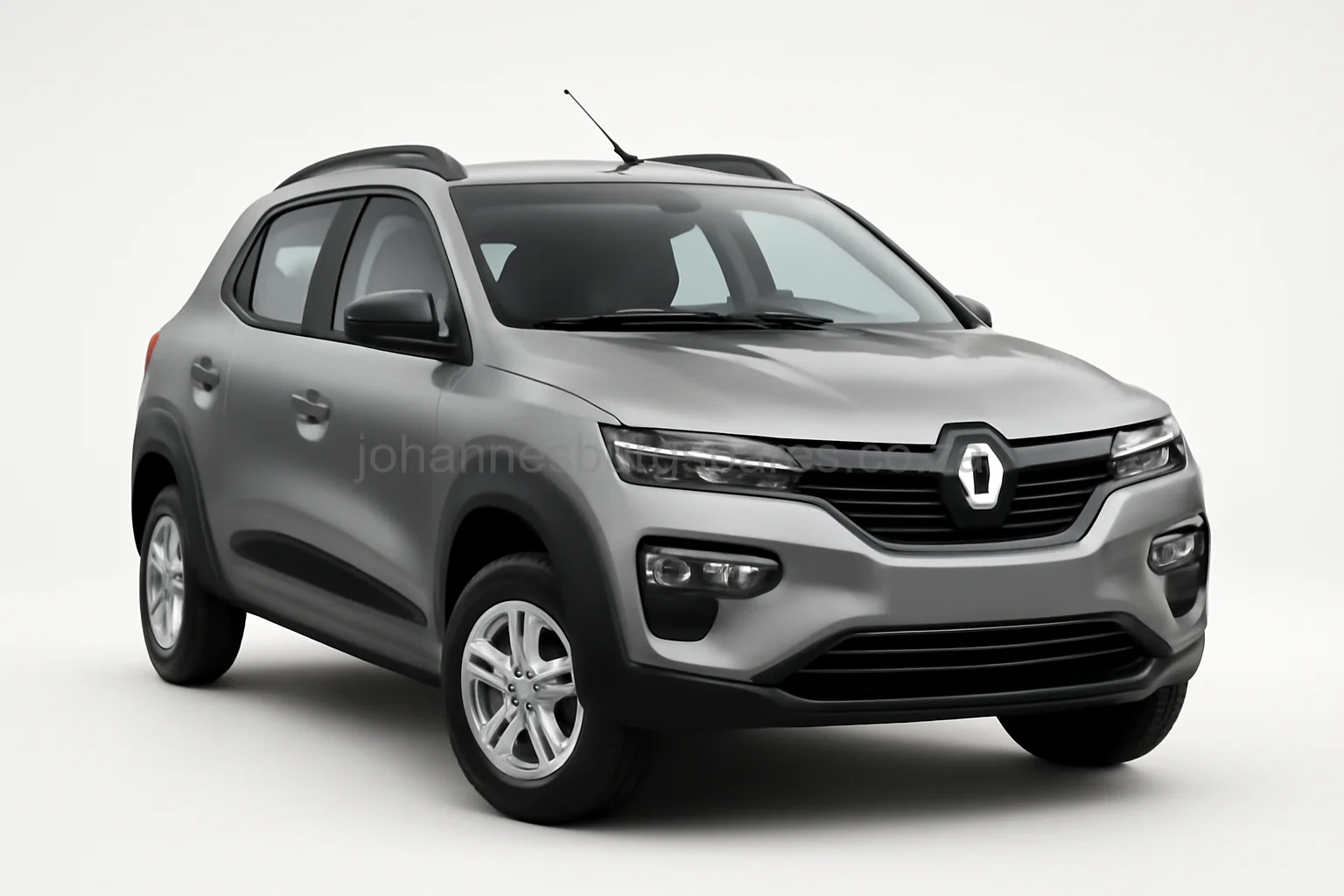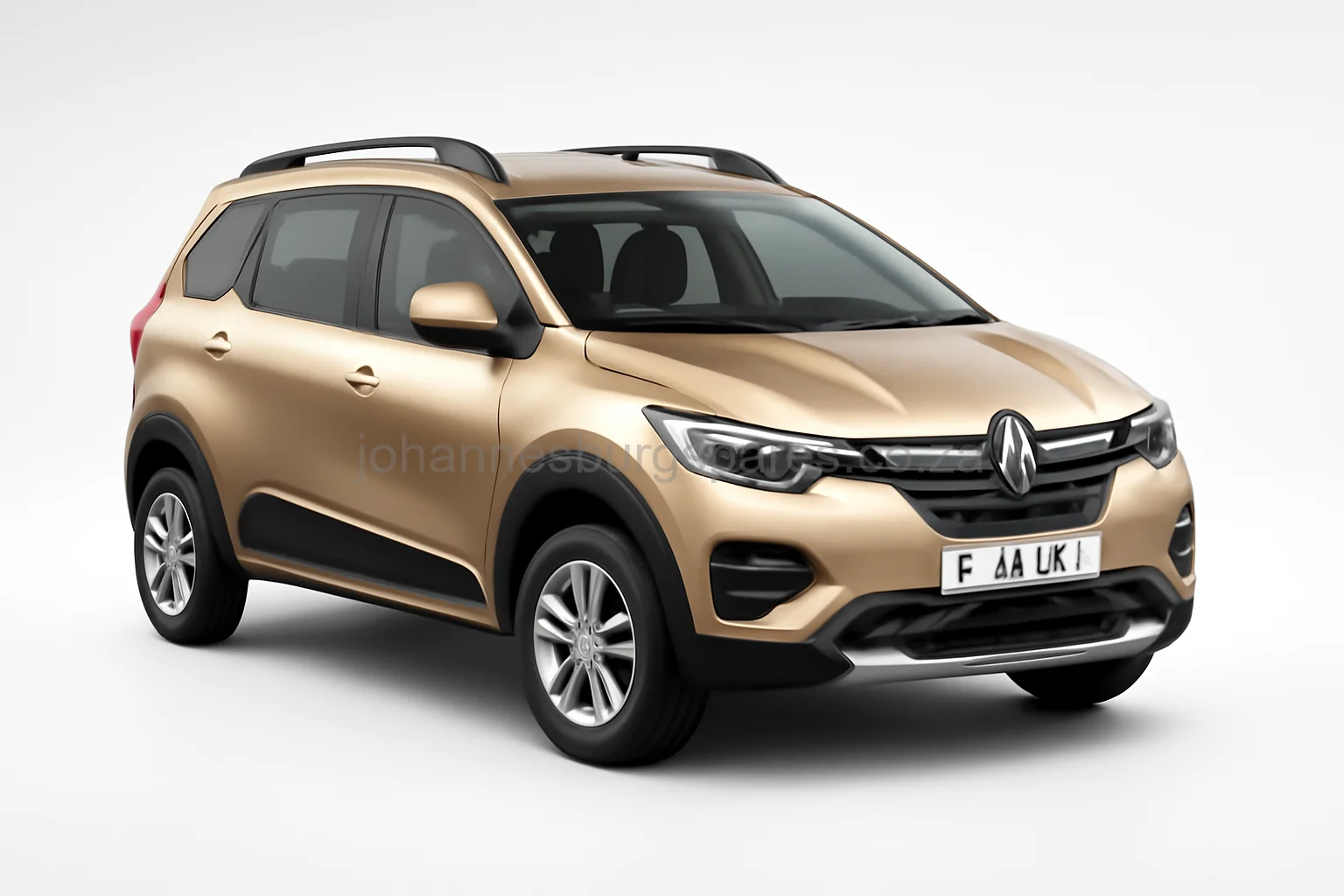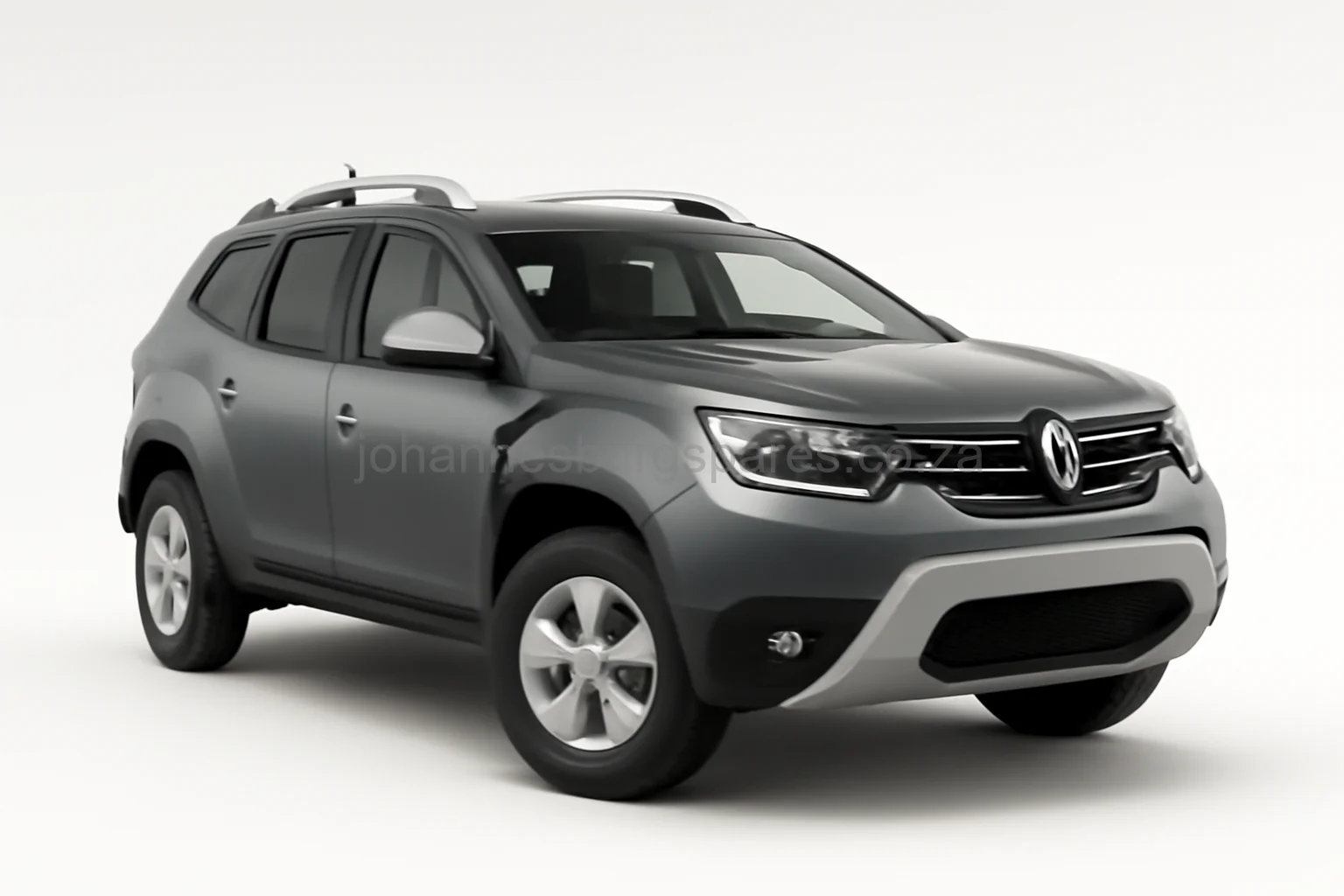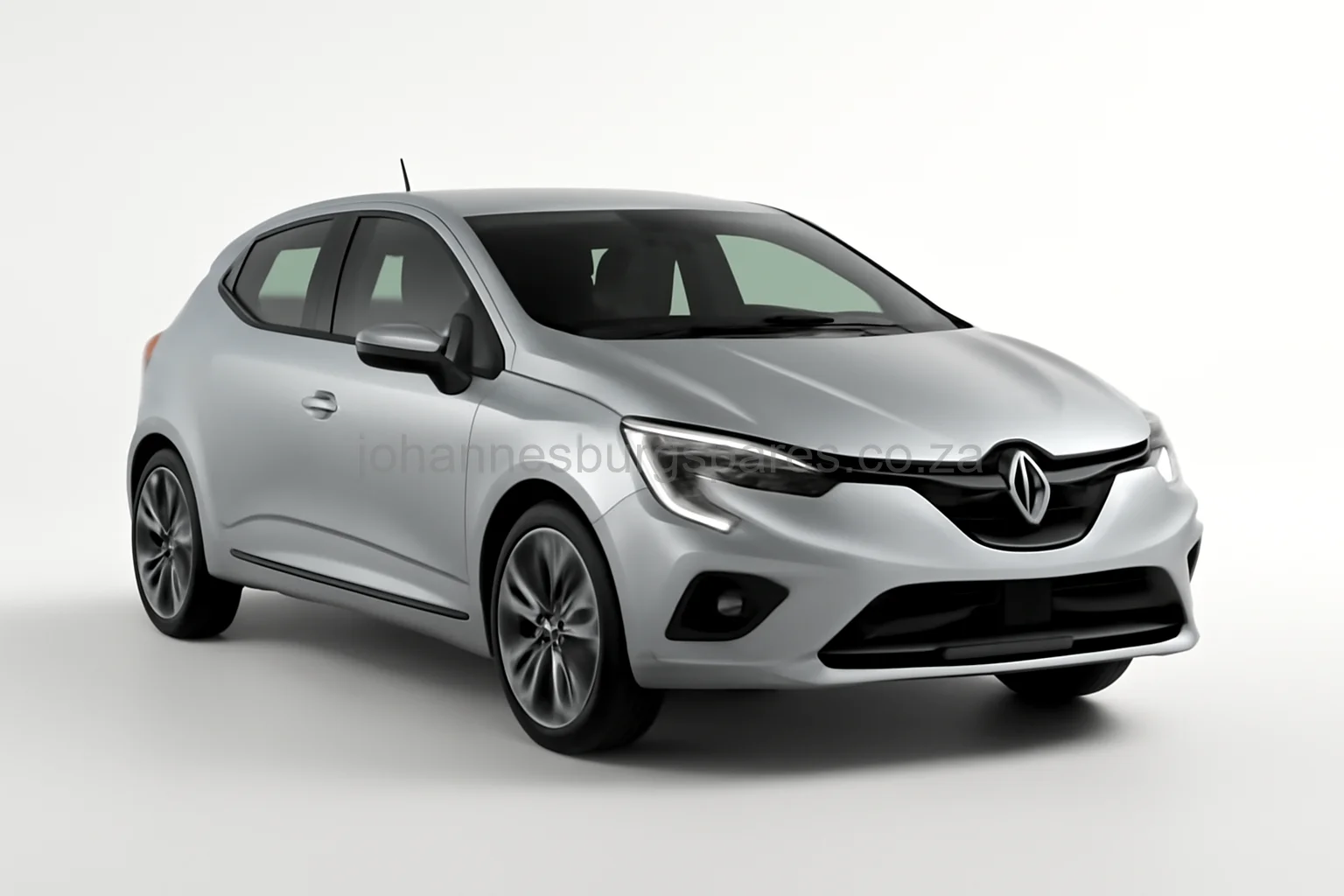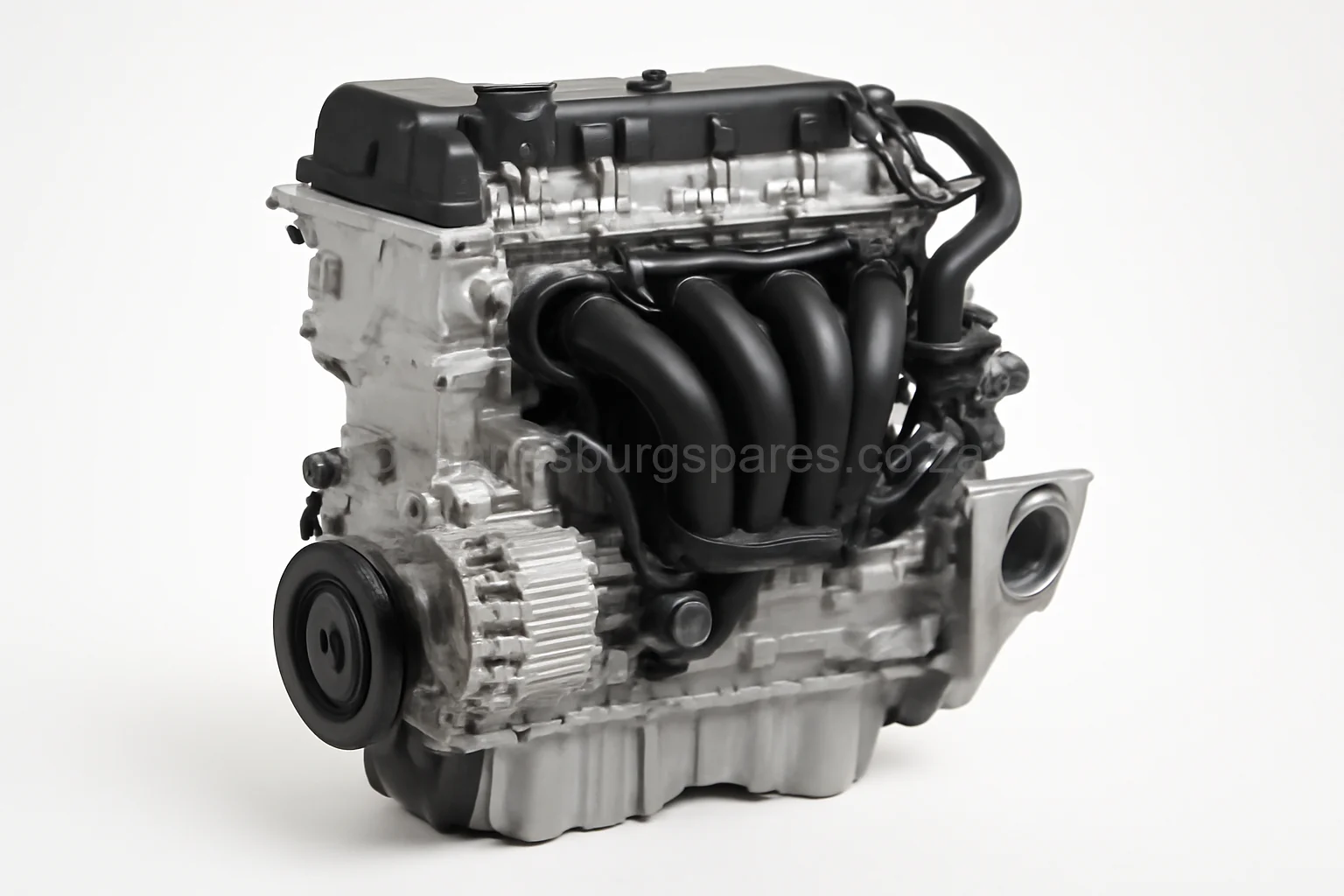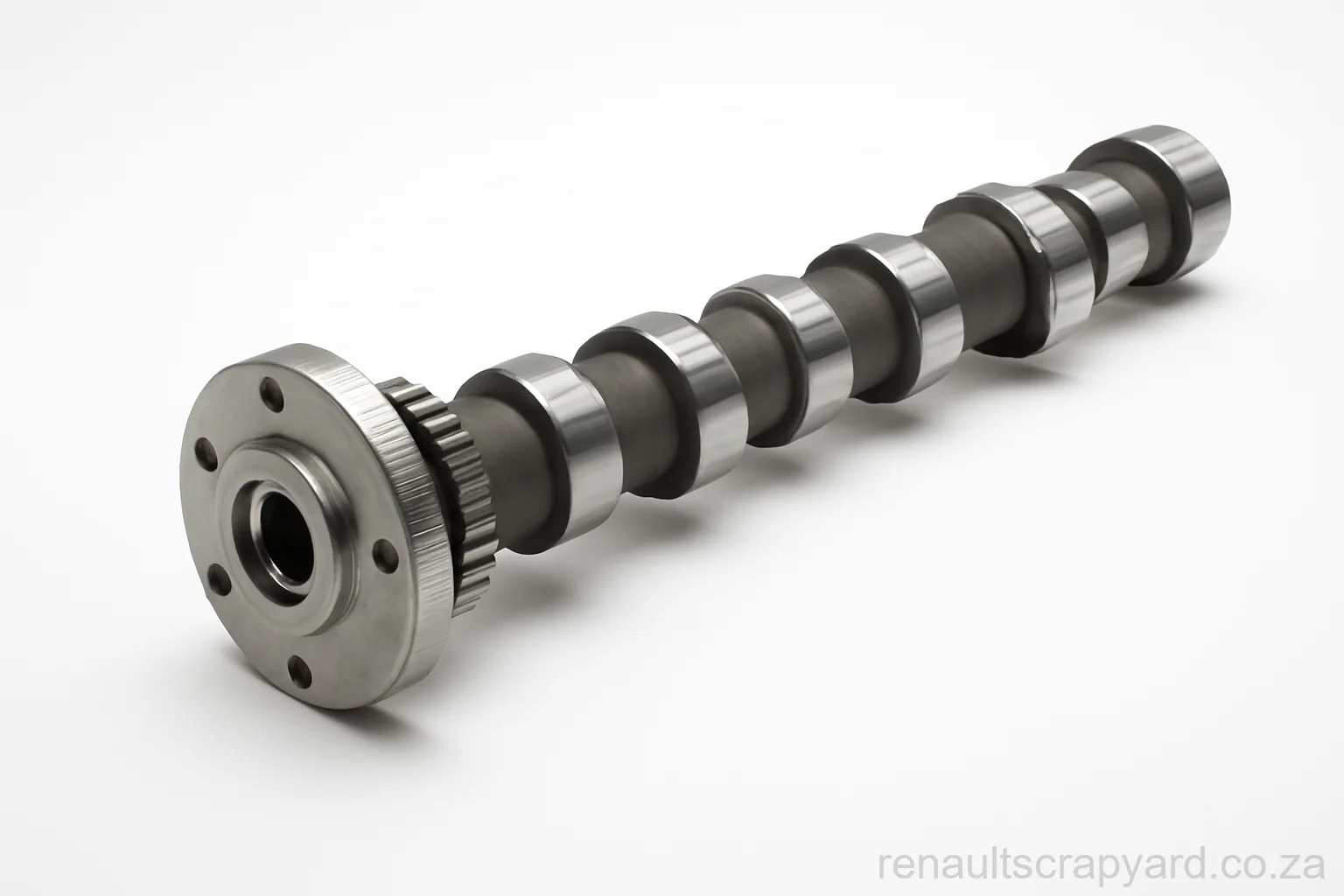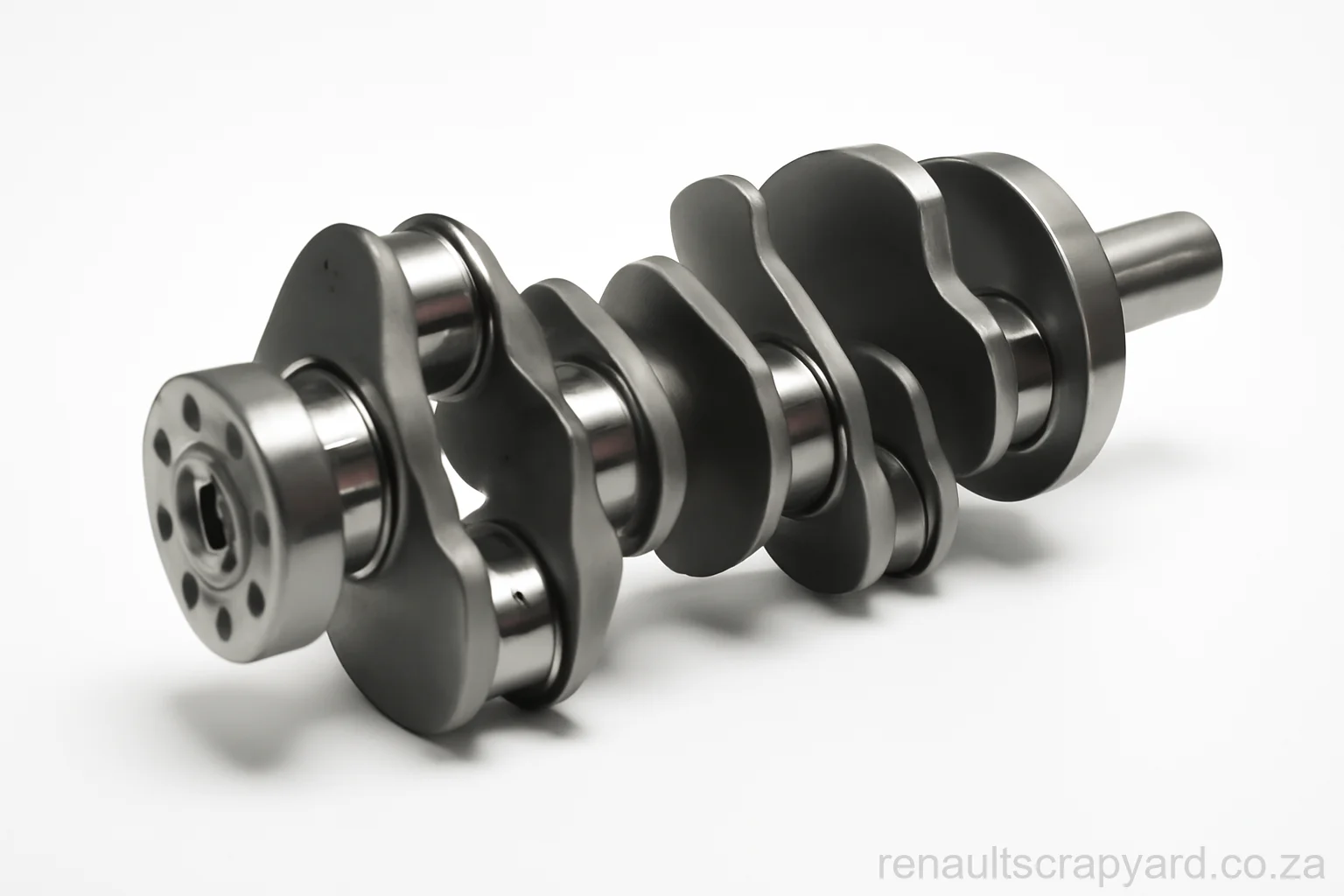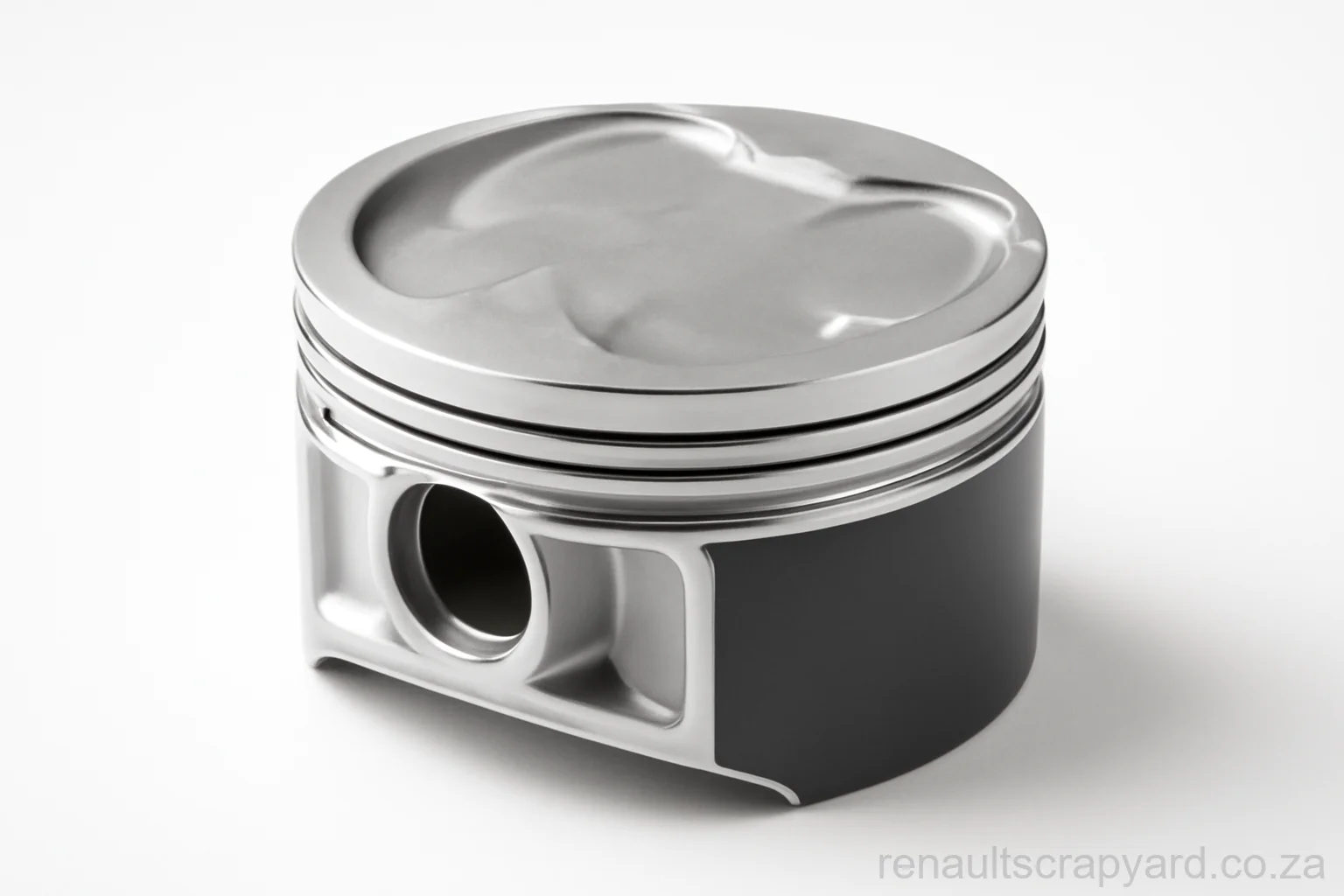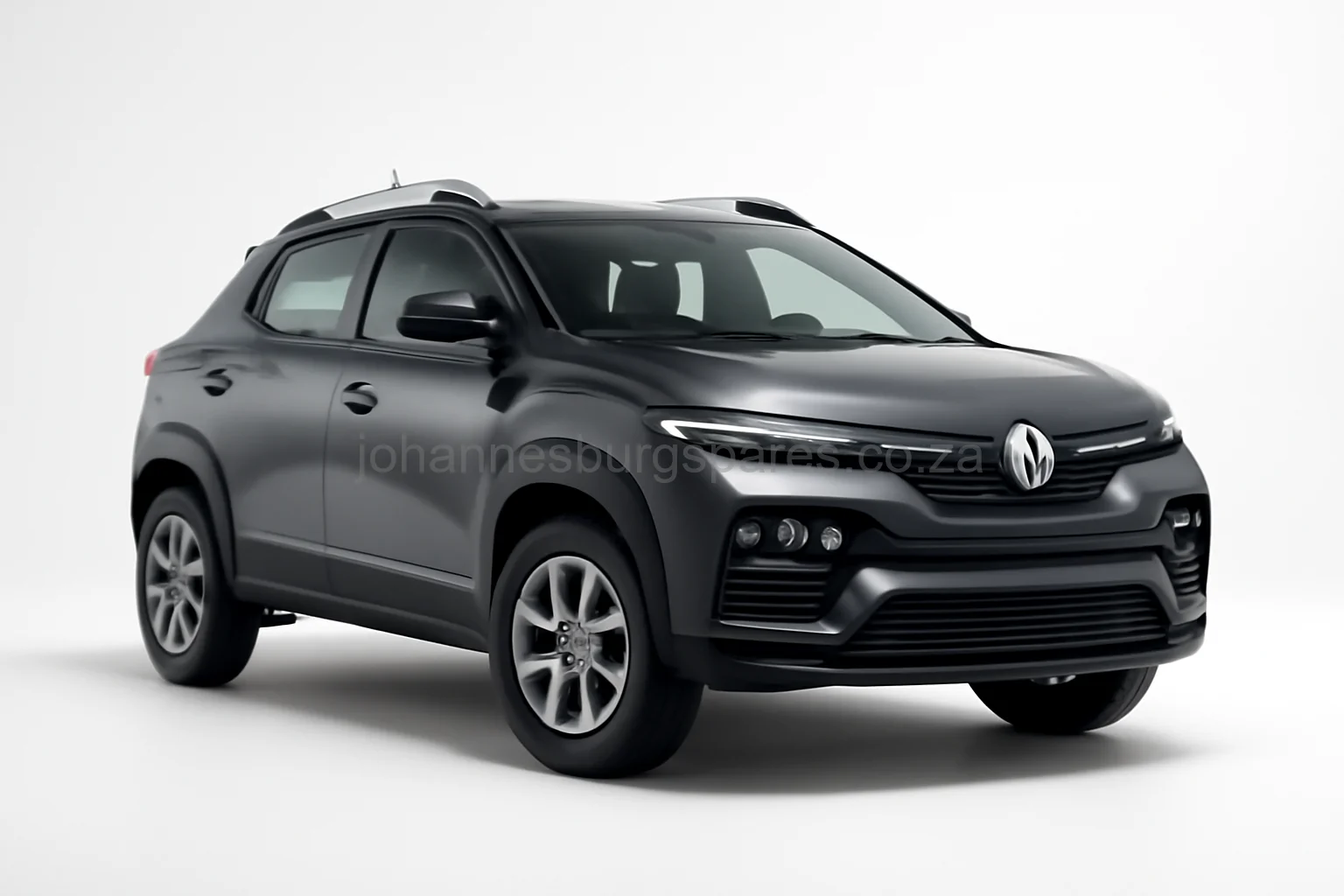
Renault Kiger Problems: Complete Troubleshooting Guide for South African Owners
Key Takeaways
| Problem | Main Symptoms | Possible Causes |
|---|---|---|
| CVT Transmission Jerking and Performance Issues | Sudden jerk from Park to Reverse, acceleration delay, rubber band effect | CVT calibration issues, rubber band effect programming, power delivery lag |
| Brake System Noise and Performance Issues | Horrible screeching sounds, hard brake pedal, dashboard warnings | Poor brake pad quality, brake booster malfunction, disc quality issues |
| Multiple System Reliability Failures | Multiple breakdowns, oil leakage, recurring failures | Poor build quality, manufacturing defects, inadequate inspection |
| Service Network and Customer Support Issues | Long wait times, poor communication, extended repairs | Limited service network, poor training, parts delays |
| Interior Quality and Comfort Issues | Poor seatbelts, noisy cabin, cheap trim materials | Cost-cutting materials, poor ergonomic design, inadequate insulation |
The Renault Kiger entered the South African market as an affordable compact SUV, promising modern features and efficient performance at an attractive price point. However, like many budget-focused vehicles, the Kiger has developed a reputation for several recurring issues that owners should be aware of before purchasing or while maintaining their vehicle.
While the Kiger offers good value for money and decent fuel economy, understanding these common problems can help you make informed decisions about maintenance, repairs, and whether this vehicle suits your long-term needs. Let’s dive into the most frequently reported issues and what you can do about them.
1. CVT Transmission Jerking and Performance Issues
The Kiger’s CVT (Continuously Variable Transmission) has proven to be one of the most problematic areas for owners. This isn’t uncommon with budget CVT systems, but it’s particularly noticeable in the Kiger due to calibration issues that affect daily driving comfort.
The main culprit here is poor CVT calibration, especially during the transition from Park to Reverse. The transmission’s programming also creates what drivers describe as a “rubber band effect” – that disconnected feeling where you press the accelerator but the engine revs without immediate power delivery. This lag in power response can be particularly frustrating in traffic or when quick acceleration is needed.
Symptoms
- Sudden jerk when shifting from Park to Reverse
- Noticeable delay in acceleration response
- Rubber band effect feeling during acceleration
Causes
The CVT system suffers from calibration issues that weren’t properly resolved during development. Owners on Team-BHP report experiencing this jerking behavior even on brand new vehicles during the pre-delivery inspection, suggesting it’s a widespread manufacturing issue rather than wear-related.
Solution
- Software calibration update at authorized service center
- CVT fluid replacement and system flush for older vehicles
- Professional diagnostic testing to identify specific calibration problems
- Consider upgrading to quality transmission parts for better long-term reliability
DIY Difficulty / Hours
- CVT diagnosis: Professional only / 1-2 hours
- Software update: Dealer only / 1-2 hours
- Fluid replacement: Professional / 3-4 hours
Heat Impact in South Africa
SA’s hot climate can accelerate CVT fluid degradation, making regular fluid changes even more critical for proper transmission operation.
Cost: R800-R1,500 for software updates, R2,500-R4,000 for fluid replacement
2. Brake System Noise and Performance Issues
Perhaps the most concerning issue reported by Kiger owners relates to the brake system. Multiple owners describe “horrible screeching sounds” particularly in the mornings, along with more serious safety concerns about sudden changes in brake pedal feel.
The root cause appears to be a combination of poor-quality brake components and inadequate quality control. The brake pads seem to be made from inferior materials that generate excessive noise, while some owners report brake booster malfunctions that create dangerous hard pedal conditions.
Symptoms
- Horrible screeching sound especially in mornings
- Braking noise from front discs
- Sudden hard brake pedal feel (safety concern)
- Brake system fault warning on dashboard
Causes
Poor quality brake pad material is the primary culprit, with brake disc quality also being subpar. South Africa’s dusty conditions exacerbate these issues, with dust accumulation accelerating wear and noise. Some units also suffer from brake booster malfunctions that create serious safety concerns.
Solution
- Replace brake pads with OEM or higher-quality aftermarket parts
- Brake booster inspection and replacement if showing signs of failure
- Complete brake system service including disc resurfacing if needed
- Consider upgrading to quality brake pads and brake discs for better performance
DIY Difficulty / Hours
- Brake inspection: Intermediate / 1 hour
- Brake pad replacement: Professional / 2-3 hours
- Brake booster replacement: Professional only / 4-6 hours
Safety Critical
Brake booster failures reported by owners on Team-BHP describe the pedal “suddenly getting hard” – this is a serious safety issue requiring immediate professional attention.
Cost: R1,200-R2,500 for brake pad replacement, R3,500-R6,000 for brake booster replacement
3. Multiple System Reliability Failures
One of the most damning indictments of the Kiger comes from owners reporting multiple major breakdowns within the first year of ownership. These aren’t minor inconveniences – they’re complete system failures requiring significant repairs and leaving owners stranded.
The problem stems from poor build quality control and inadequate pre-delivery inspection. When a brand new vehicle experiences three major breakdowns in eight months, as reported by frustrated owners on automotive forums, it points to systemic quality issues rather than bad luck.
Symptoms
- Multiple breakdowns within first year
- Oil leakage incidents
- Recurring system failures
- Unexpected breakdowns during normal usage
Causes
These widespread failures suggest poor quality control during manufacturing and component sourcing. Some owners report oil leakage issues alongside electrical problems, indicating that multiple systems are affected by cost-cutting measures.
Solution
- Comprehensive warranty claims for all affected systems
- Preventive maintenance schedule acceleration to catch problems early
- Consider extended warranty coverage given the reliability track record
- Document all issues thoroughly for warranty purposes
- Regular inspection of electrical components to prevent cascading failures
DIY Difficulty / Hours
- Problem documentation: DIY / Ongoing
- Warranty claims: Dealer only / Varies
- Preventive maintenance: Professional / 2-4 hours
Documentation is Key
Keep detailed records of all problems and repairs. Multiple owners on Team-BHP emphasize the importance of proper documentation for warranty claims and potential lemon law cases.
Cost: R0-R15,000 depending on warranty coverage, R10,000-R25,000 for major out-of-warranty repairs
4. Service Network and Customer Support Issues
Beyond the mechanical problems, Kiger owners face significant challenges with Renault’s service network in South Africa. The limited number of authorized service centers means long wait times, and many owners report poor customer service experiences.
This creates a compound problem – not only are you dealing with a vehicle prone to breakdowns, but getting those breakdowns fixed becomes an ordeal in itself. Parts availability is also a concern, with some components taking weeks to arrive.
Symptoms
- Long waiting times for service appointments
- Poor communication from service centers
- Extended repair times due to parts delays
- Unsatisfactory resolution of warranty claims
Causes
Renault’s relatively small presence in South Africa means fewer service centers and less competition among dealers. Staff training appears inadequate, and the parts supply chain isn’t optimized for quick turnaround times.
Solution
- Research nearest authorized service center before purchase
- Establish relationship with independent Renault specialists where available
- Consider alternative parts suppliers for common maintenance items
- Join online owner groups for service center recommendations
- Stock up on common lighting and fuel system components to reduce downtime
DIY Difficulty / Hours
- Service center research: DIY / 2-3 hours
- Relationship building: DIY / Ongoing
Prevention Strategy
Before buying a Kiger, locate your nearest Renault service center and read reviews. Some owners travel significant distances for better service.
Cost: Service costs vary widely due to limited competition – R1,000-R2,000 for basic service
5. Interior Quality and Comfort Issues
While not as critical as the mechanical problems, the Kiger’s interior quality issues affect daily comfort and safety. The most concerning reports involve poor seatbelt design that makes them difficult to access and lock properly.
The interior materials feel cheap and don’t wear well over time, particularly in South Africa’s harsh UV environment. Road noise is also excessive, suggesting inadequate sound insulation – a common cost-cutting measure in budget vehicles.
Symptoms
- Poor quality seatbelts difficult to access and lock
- Noisy interior cabin
- Cheap feeling interior trim materials
- Uncomfortable seatbelt positioning for driver
Causes
Cost-cutting in interior materials and poor ergonomic design are the primary issues. The seatbelt problems are particularly concerning as they affect safety systems that should meet stringent standards.
Solution
- Aftermarket seatbelt padding and guides for improved comfort
- Sound dampening material installation for noise reduction
- Interior protection products to slow UV damage
- Consider alternative Renault models with better interior quality
- Browse quality interior parts and accessories for comfort improvements
DIY Difficulty / Hours
- Seatbelt accessories: DIY / 1 hour
- Sound dampening: Professional / 4-6 hours
- Interior protection: DIY / 2-3 hours
South African Conditions
The intense UV exposure in South Africa accelerates interior material degradation, making quality interior protection products particularly important.
Cost: R300-R800 for seatbelt improvements, R2,000-R5,000 for sound dampening
Preventive Maintenance Schedule
| Service Item | Interval | Importance |
|---|---|---|
| CVT Fluid Check | 20,000 km | Critical |
| Brake System Inspection | 10,000 km | Critical |
| Interior UV Protection | 6 months | Medium |
| Comprehensive System Check | 15,000 km | High |
| Warranty Documentation | Ongoing | High |
FAQ
Is the Renault Kiger reliable for South African conditions?
Based on owner reports, the Kiger has significant reliability concerns, with many owners experiencing multiple breakdowns within the first year. The CVT transmission and brake systems are particularly problematic areas that require attention.
How much should I budget for Kiger maintenance annually?
Plan for R8,000-R15,000 annually including routine maintenance and at least one moderate repair. Major issues like CVT problems or multiple system failures can cost R10,000-R25,000.
Should I buy a Kiger given these problems?
Consider these issues carefully against the purchase price. The limited service network and reliability concerns make it a risky choice unless you have access to good independent service support.
What’s the most serious Kiger problem?
The brake system issues are most concerning from a safety perspective, while the CVT problems and general reliability failures are most costly to repair.
Can these problems be prevented with better maintenance?
While good maintenance helps, many reported issues appear to be design and quality control problems rather than maintenance-related failures.
How does Kiger reliability compare to competitors?
Most competitors in the same price range offer better reliability records and more extensive service networks in South Africa. For comparison, check our guides on Renault Duster problems and Renault Captur problems to see how other Renault models perform.
Expert Review: Balanced Perspective
While this guide focuses on the problems you should be aware of, it’s important to get a balanced perspective from automotive experts. This comprehensive review covers both the challenges and strengths of the Renault Kiger:
Video: Renault Kiger is TERRIBLE yet brilliant at the same time - Expert walkthrough covering both the vehicle’s strengths and weaknesses
This expert review aligns with our findings, acknowledging that while the Kiger has significant issues, it also offers certain advantages at its price point. The video provides valuable real-world insights that complement the technical problems outlined in this guide.
Conclusion
The Renault Kiger offers attractive pricing and modern features, but comes with significant reliability and service support challenges that potential buyers should carefully consider. The CVT transmission problems, brake system issues, and overall build quality concerns make it a risky choice for anyone who needs dependable daily transportation.
If you’re already a Kiger owner, staying on top of preventive maintenance and building relationships with good service providers can help minimize problems. However, for those still shopping, considering alternatives with better reliability records and service networks might save significant frustration and money in the long run.
If you’re considering other Renault models, our comprehensive guides on Renault Kwid problems, Renault Triber problems, and Renault Sandero problems can help you make informed comparisons.
When major repairs exceed the vehicle’s value or become too frequent, explore quality replacement options from reputable suppliers who understand the unique challenges of vehicle ownership in South Africa. Browse our engine parts and cooling system components for reliable replacement options.
Important Disclaimer
This content is for informational purposes only and is based on research from automotive industry sources. Renault Spares South Africa is not a certified automotive repair facility. Always consult with qualified automotive professionals before performing any repairs or maintenance. Improper repairs can result in personal injury, property damage, or vehicle malfunction. We assume no responsibility for actions taken based on this information.

